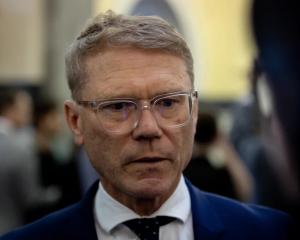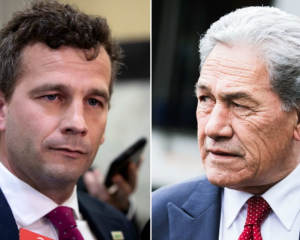
Mr Smith, of Invercargill, believes taxes and other environmental regulation are needed because the epidemic is far too big to treat with surgery.
''This is one of my real interests because I don't want to work myself into an early grave.''
Surgeons do not usually speak at public health conferences, and Mr Smith was asked pointedly by an audience member if he was the only bariatric surgeon to publicly advocate obesity prevention.
''Bariatric surgeons also enjoy operating. Some may be more interested in the surgical aspect of things,'' Mr Smith said.
''In New Zealand, I don't know of any others who are particularly interested in public health.''
He said the food industry cited a lack of evidence for the effectiveness of food and drink taxes, but the problem was too serious to delay trying those options.
Earlier, Mr Smith told the audience about 400,000 New Zealanders were eligible for bariatric surgery.
To carry out that many would cost trillions of dollars and far exceed the capacity of the health system.
Almost a third of New Zealand adults are obese.
Every year, 800 weight loss surgeries are carried out (including in the private sector), of which only 48 are publicly funded South Island operations.
Weight loss surgery effectively rewires the patient's body to fit the environment, he said.
The modern environment was now a poor match with our hunter-gatherer genes.
Changing the environment to encourage more physical activity would also help reduce the effects of climate change, Mr Smith said.
Also appearing at the panel session on obesity and physical activity were two officials involved with the Government's Healthy Families initiative, which is seen by critics as a long overdue response to the obesity problem.
Invercargill, where it was launched in July, is one of 10 places where the programme is being introduced.
Audience member Dr Lisa Te Morenga asked the officials, Michelle Palmer and Aimee Hadrup, why the programme did not include government regulation.
''How can you really expect individuals in those communities to make healthier choices when you've got businesses being supported by government to act in opposition to that goal [of healthy eating]?''
Ms Palmer said Health Minister Dr Jonathan Coleman consulted the ministry about policy options, but she was not privy to that advice.












